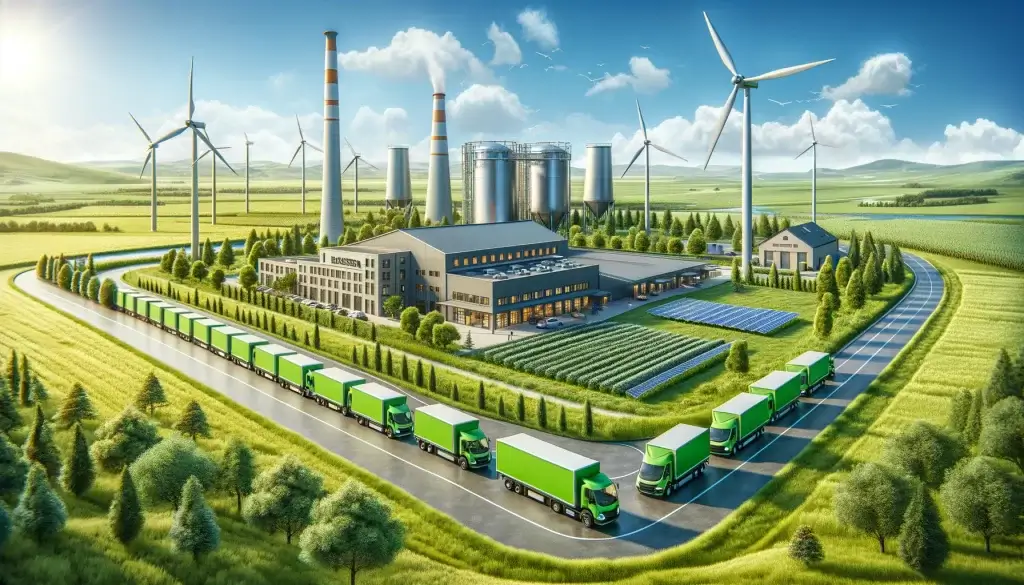Strategic Decarbonization in the Brewing Industry
AB InBev, the world’s leading brewer, has launched an ambitious initiative to combat Scope 2 and 3 emissions, showcasing its commitment to a sustainable supply chain. The company’s collaboration with South Pole, a carbon solutions expert, marks a significant step in reducing greenhouse gas emissions across its European operations.
Understanding Emissions: Scope 2 and 3 Explained
- Scope 2 emissions are indirect emissions from purchased energy for heating and cooling.
- Scope 3 emissions encompass all other indirect emissions within a company’s supply chain.
In 2022, AB InBev’s Scope 3 emissions constituted a staggering 85% of its total emissions, underscoring the importance of this initiative.
Group-Buying for Renewable Energy Access
South Pole is assisting AB InBev in slashing greenhouse gas emissions through a group-buying scheme. This innovative approach grants customers and suppliers across Europe enhanced access to renewable electricity, thus enabling AB InBev to power its operations more sustainably and cost-effectively.
The foundation of this initiative lies in European power purchase agreements (PPAs), which are long-term contracts that lock in a set price for renewable electricity over an agreed period.
AB InBev: A Case Study in Sustainability
AB InBev’s journey began in 2008, following the merger of Anheuser-Busch, Interbrew, and AmBev. Today, it stands as the largest brewer globally, with a portfolio that includes Budweiser, Stella Artois, and Corona.
The brewer’s sustainability vision is clear: “By leveraging data and technology to engage with our customers and consumers, by connecting our farmers with resources, and by empowering our 169,000 colleagues to drive genuine change – we are forging a path to a more sustainable, inclusive, and prosperous future.
2025 Sustainability Goals and Beyond
AB InBev’s sustainability ambitions were established in 2017, with a 2025 target. The company’s sustainability framework is built on four pillars: Packaging, CO2 Emissions, Water, and Agriculture.
Post-COP26, AB InBev has set a new milestone: achieving net-zero by 2040. The brewer has already made considerable strides in sustainability. Since 2022, all beers produced in Europe are brewed using 100% renewable energy, primarily from wind and solar sources, a decade-long achievement supported by a vast solar energy plant in Spain.
The Budweiser Brewing Group (BBG), AB InBev’s UK and Ireland division, exemplifies this progress. BBG’s investment in renewable energy not only meets its needs but also allows for contributions to charitable causes.
BBG is further exploring innovative technologies, including green hydrogen, with plans to construct a pioneering green hydrogen facility to power its brewing and logistics operations.
AB InBev’s dedication to advancing sustainability globally is evident in its efforts to reduce GHG emissions and meet its 2040 net-zero objectives. The company’s proactive measures serve as a model for the industry, demonstrating that environmental responsibility and business success can go hand in hand.





